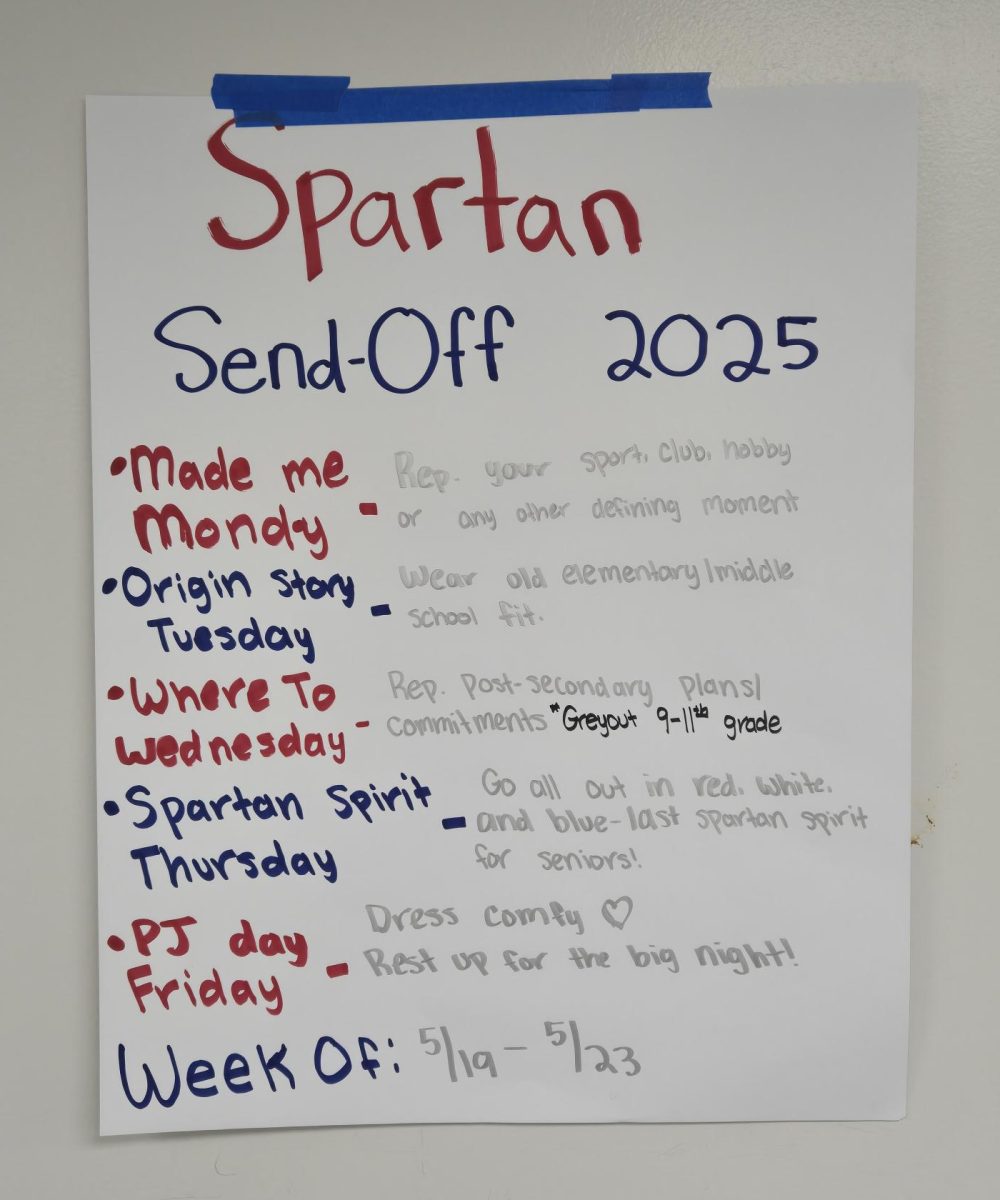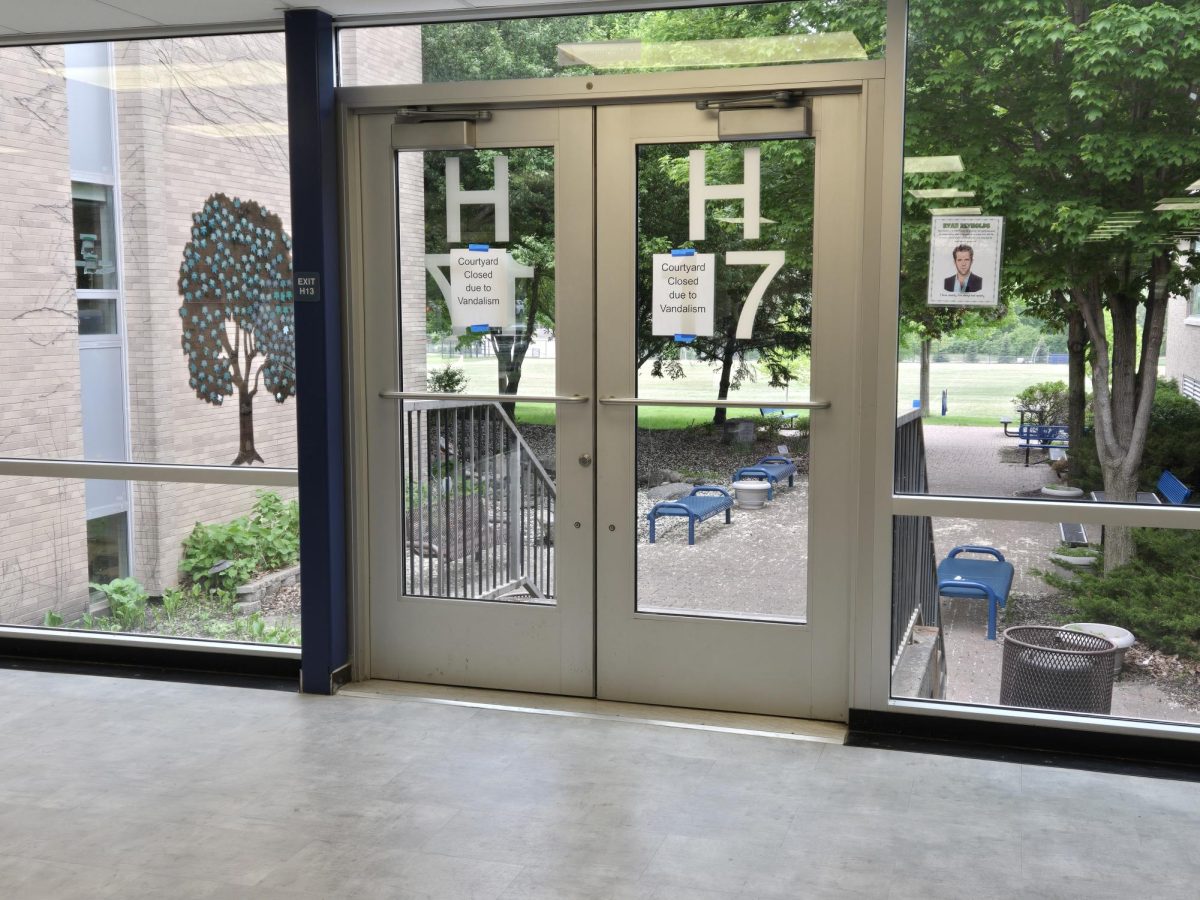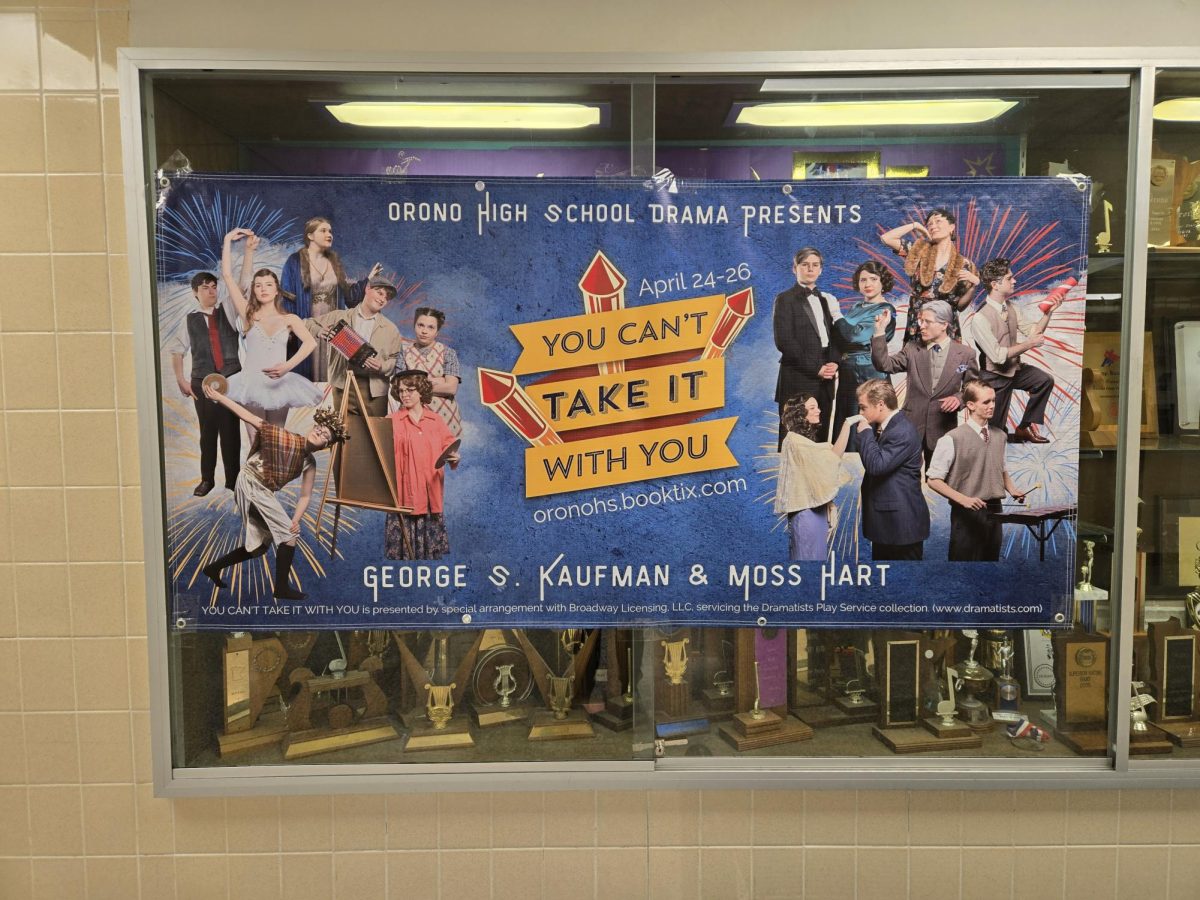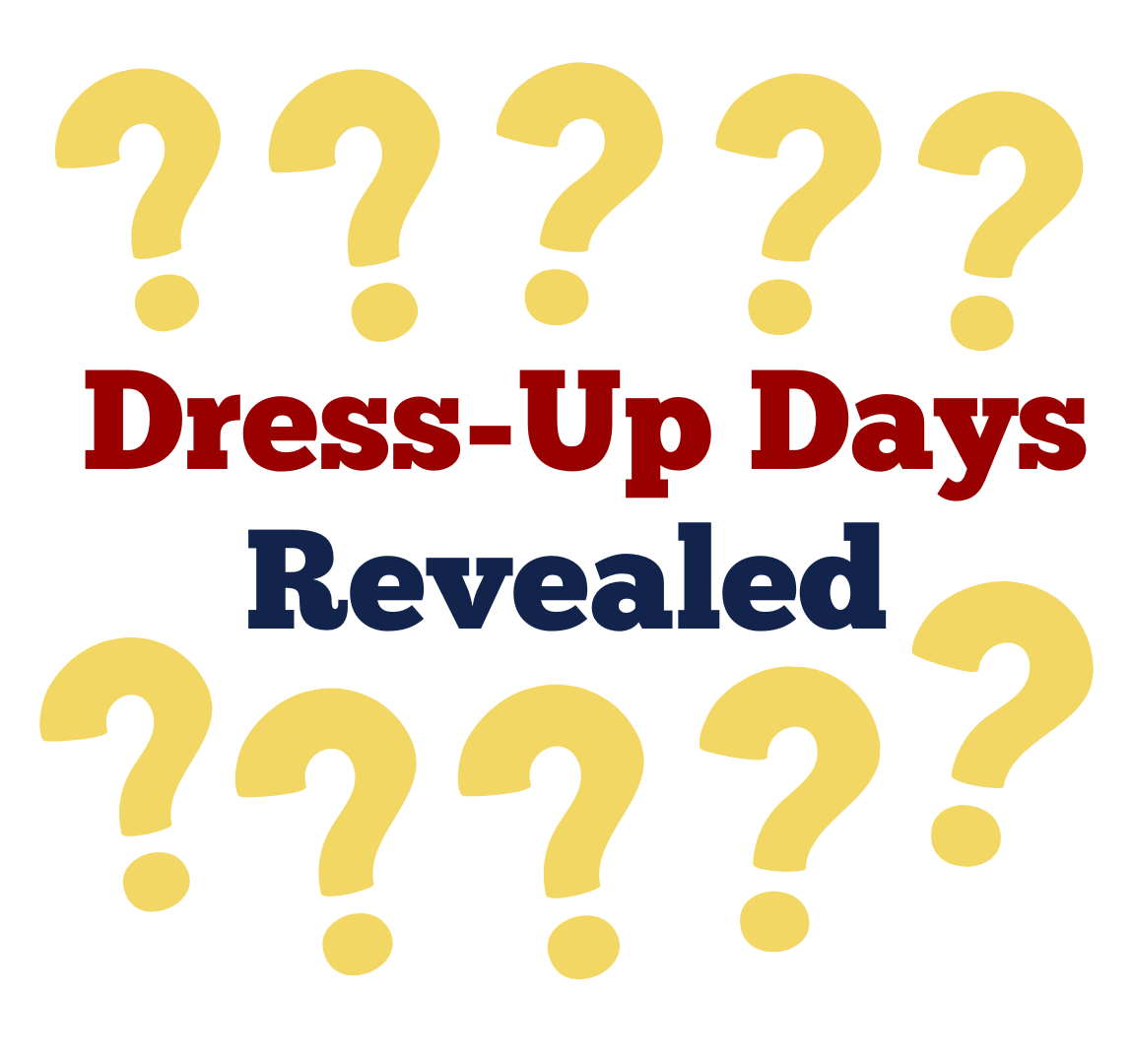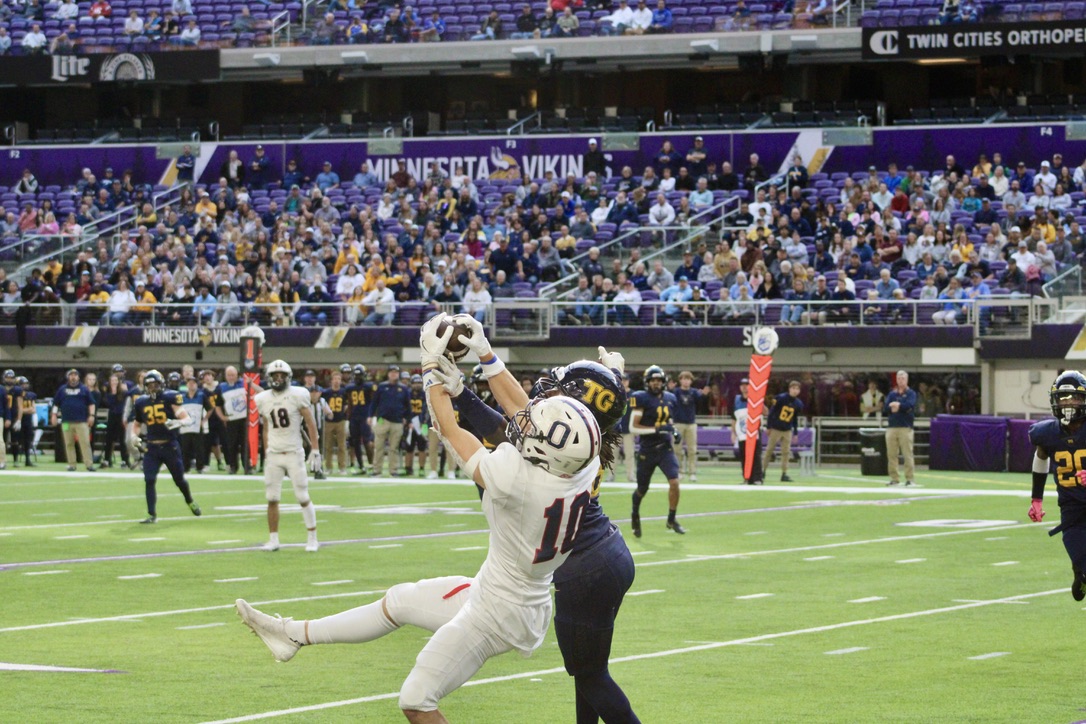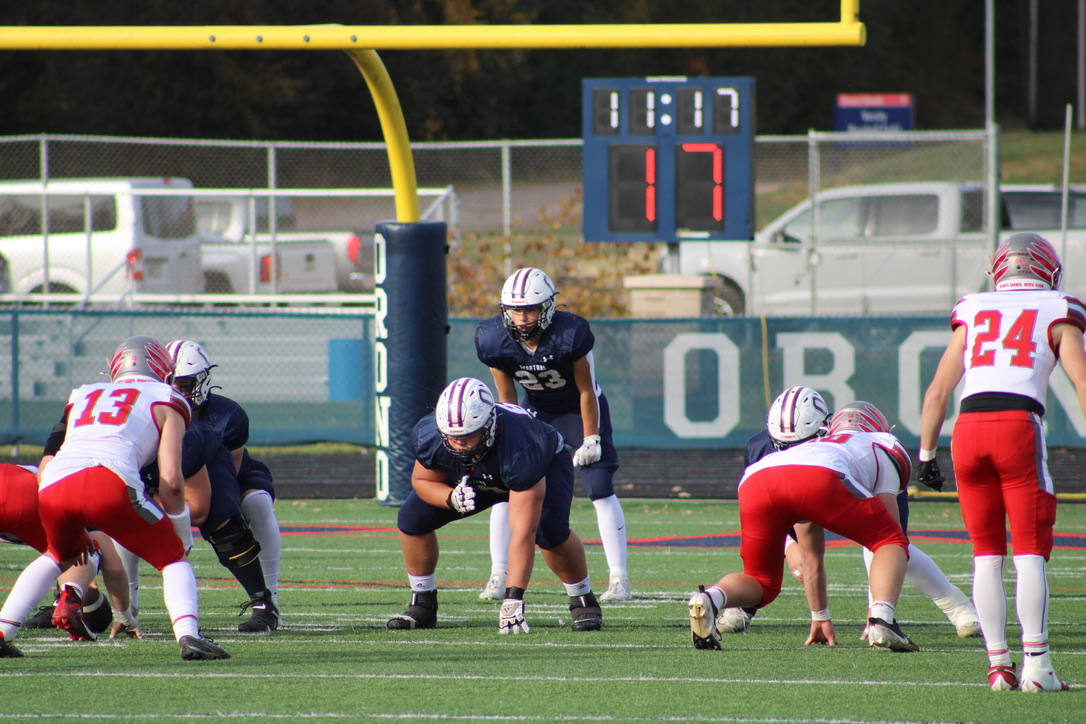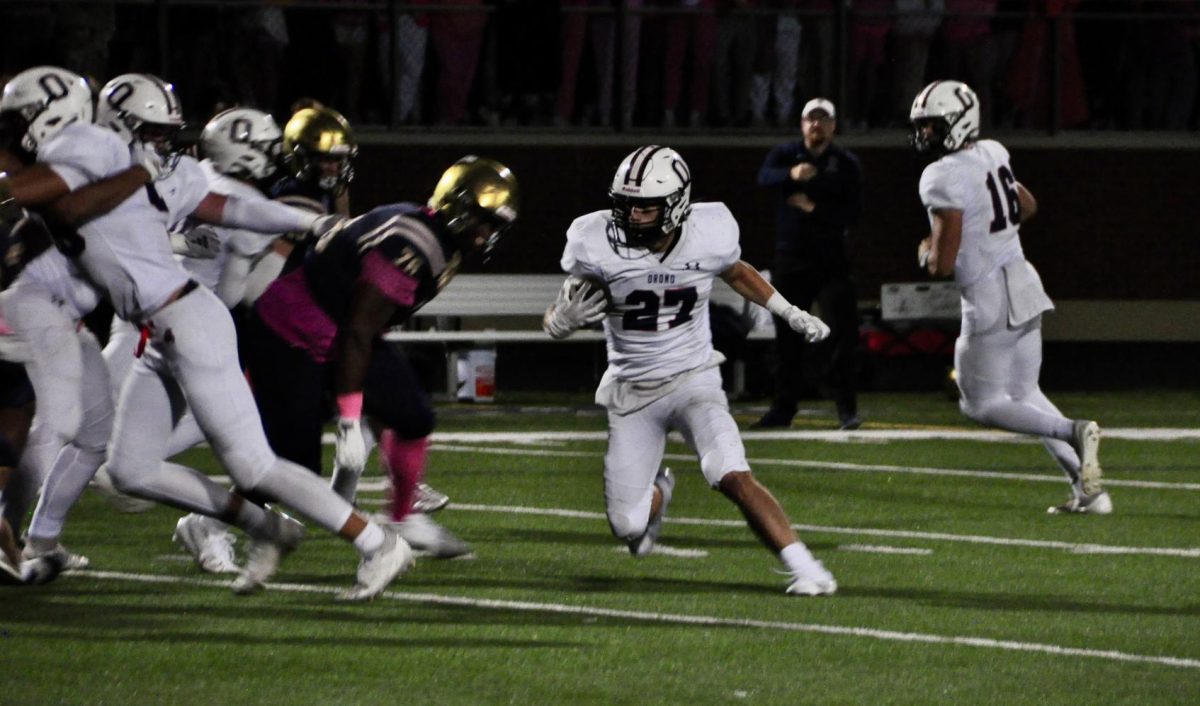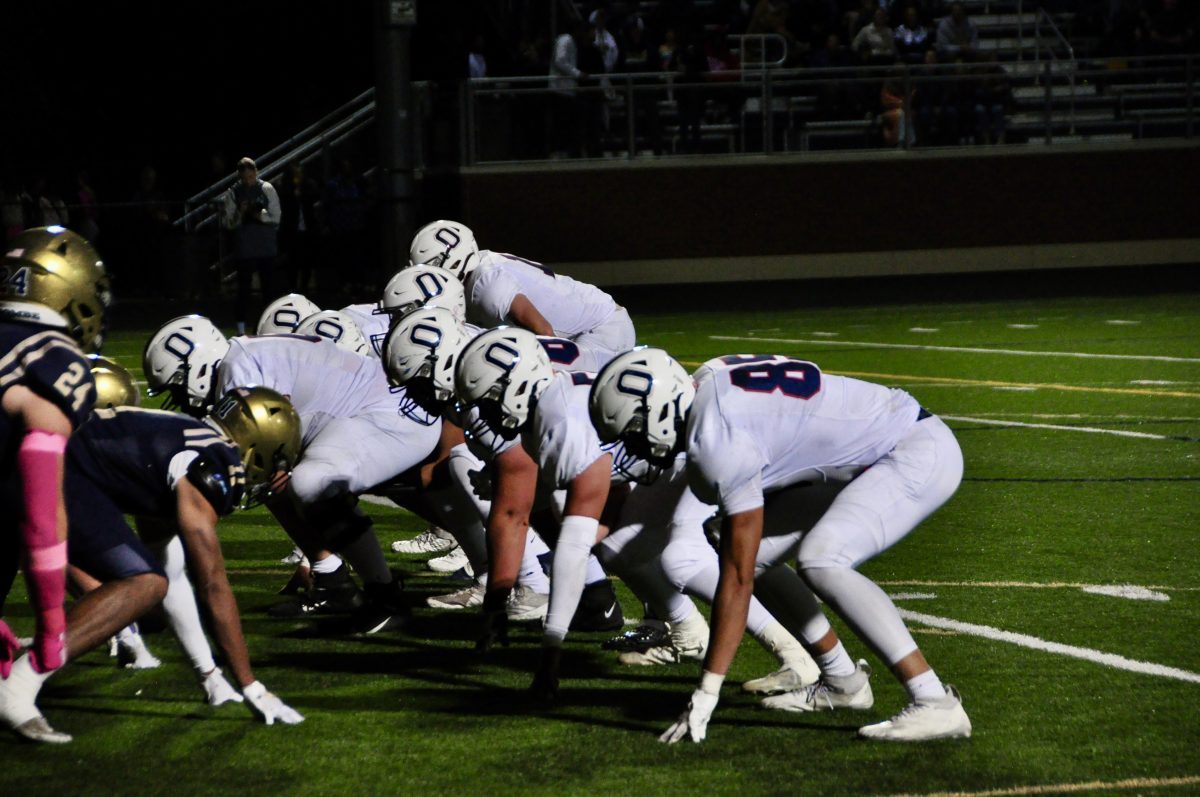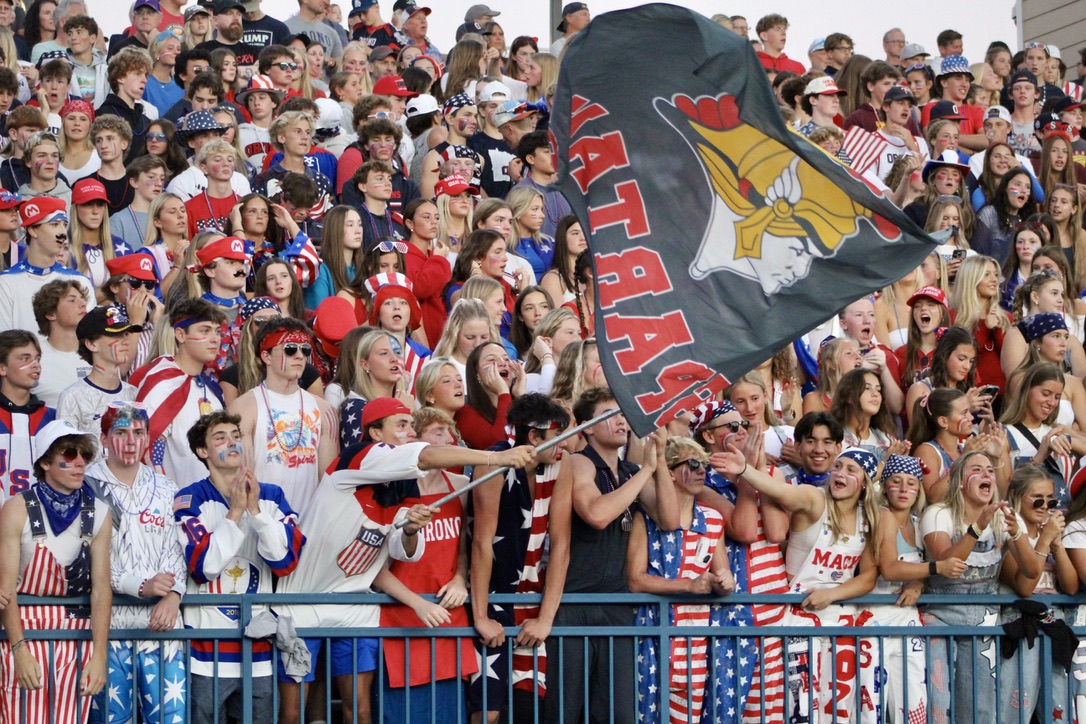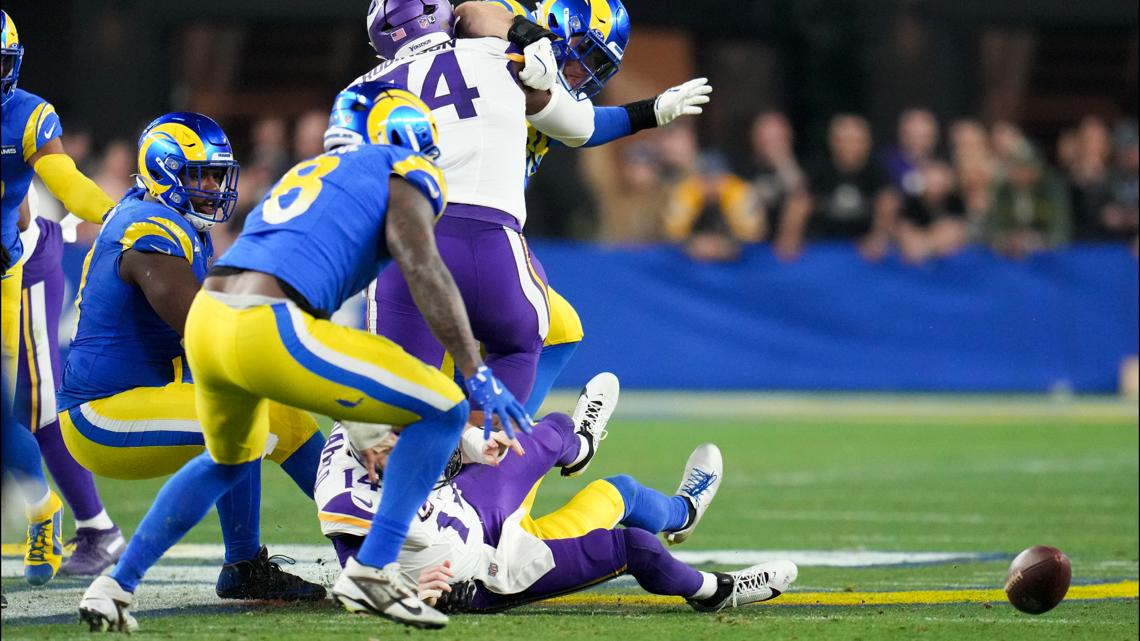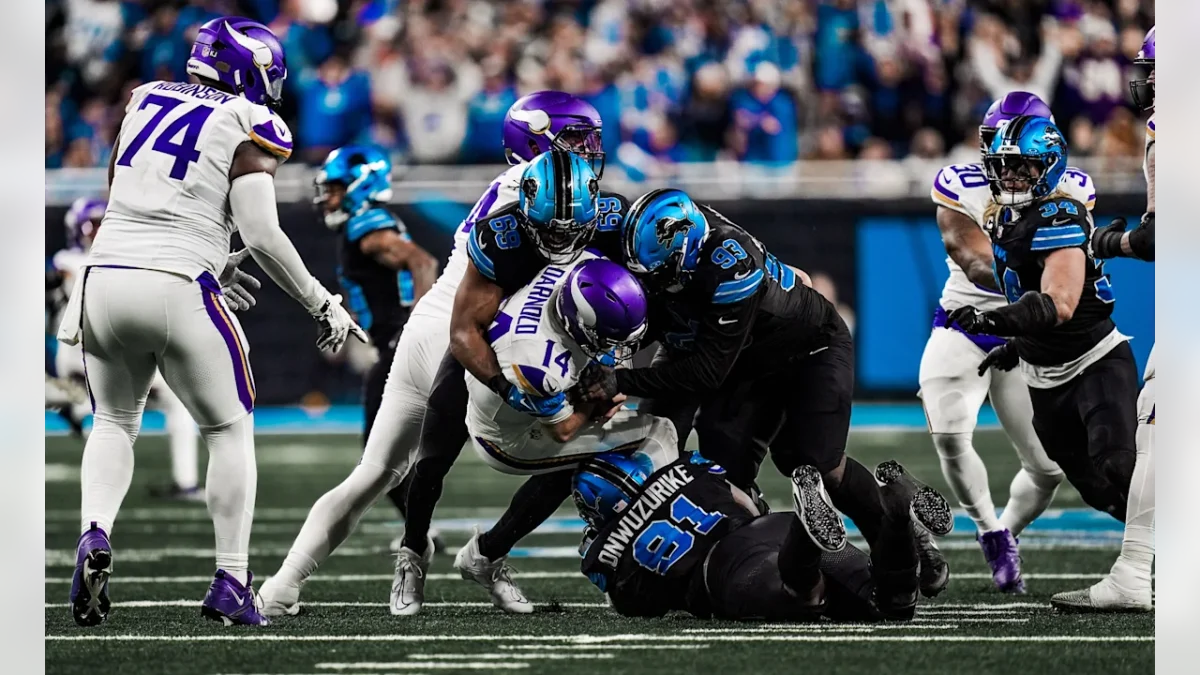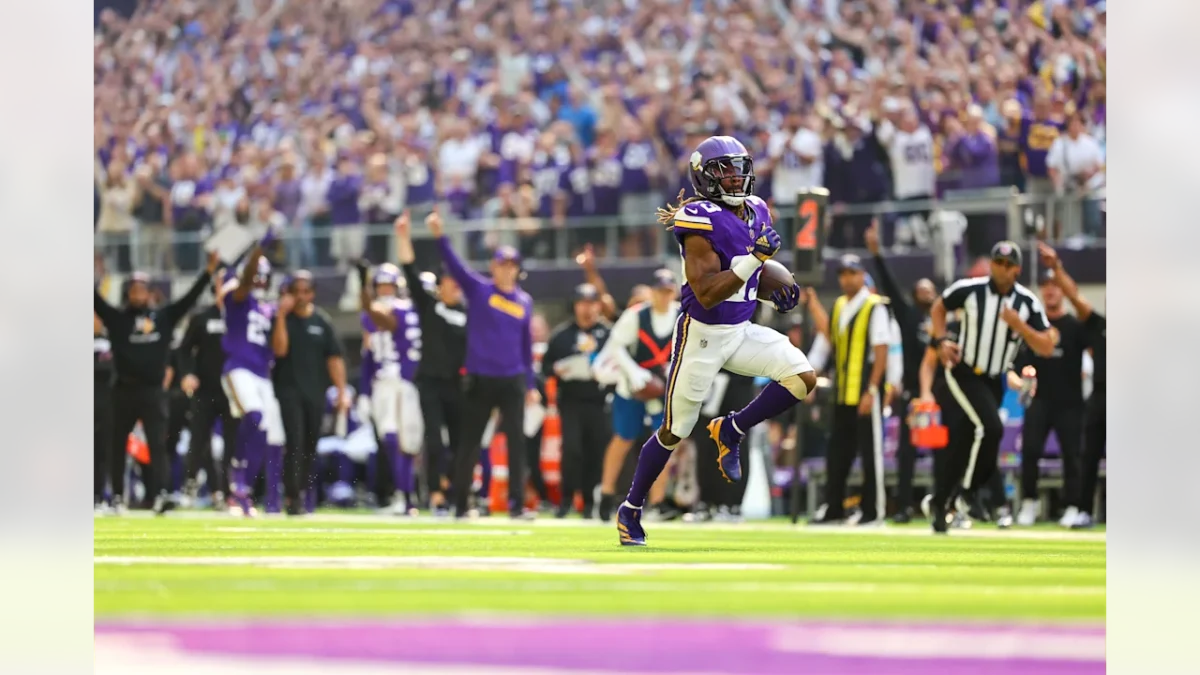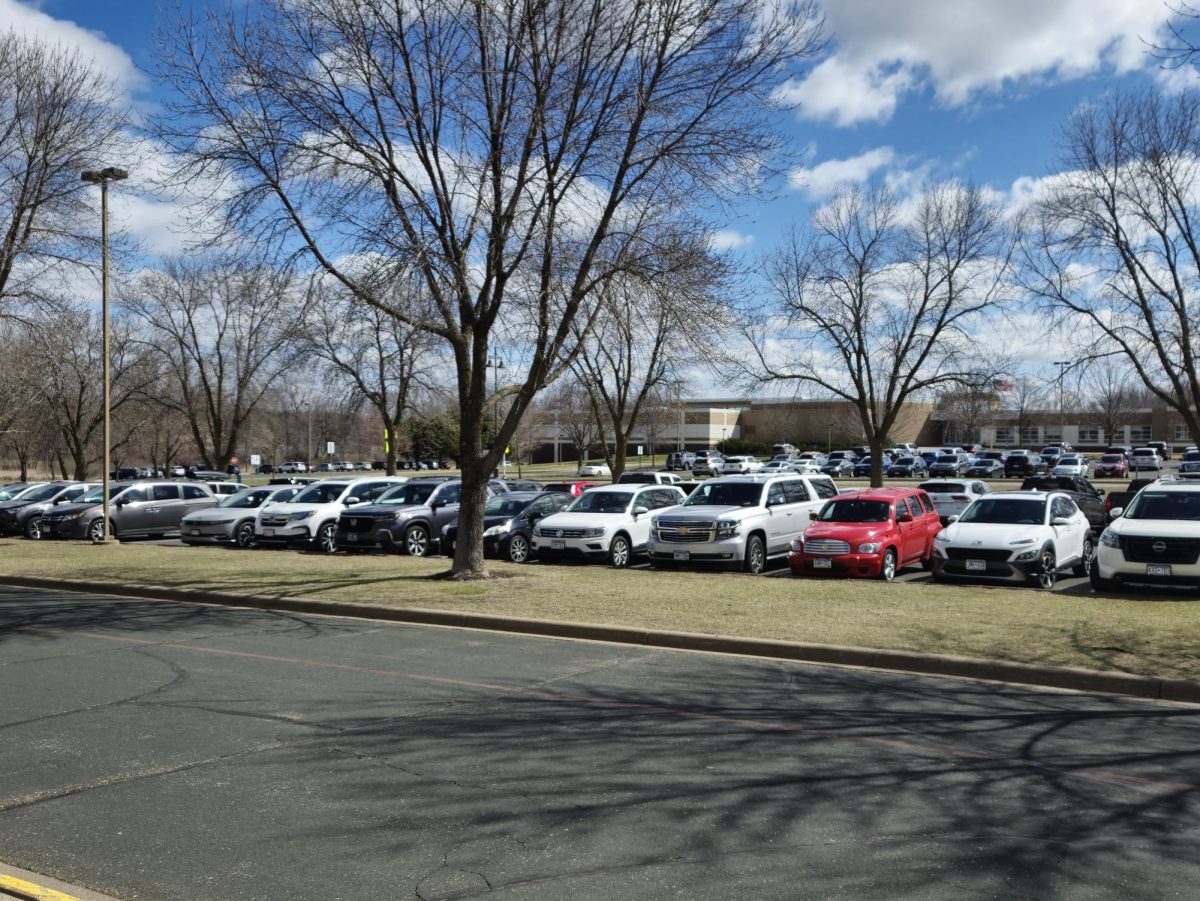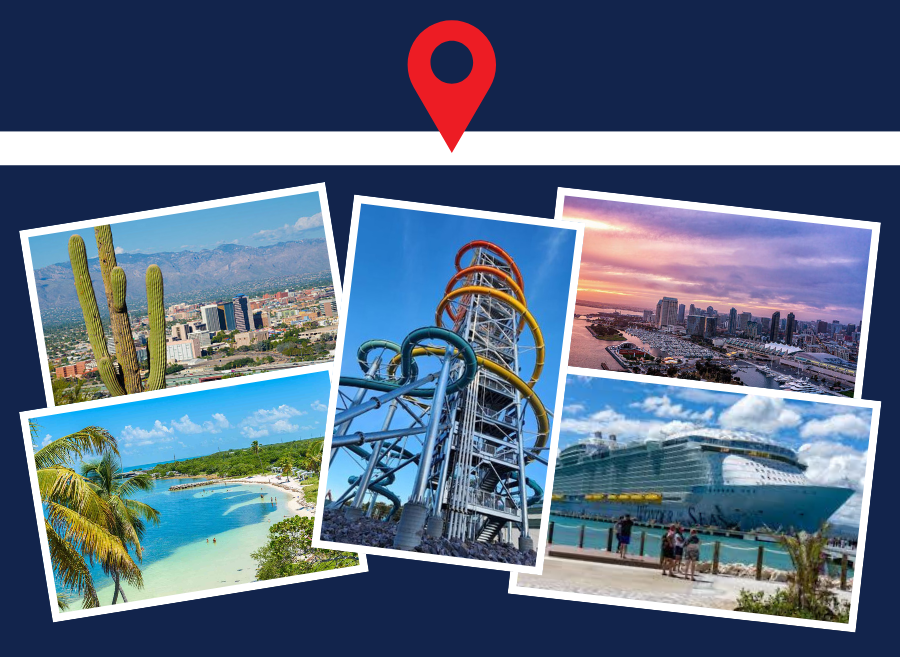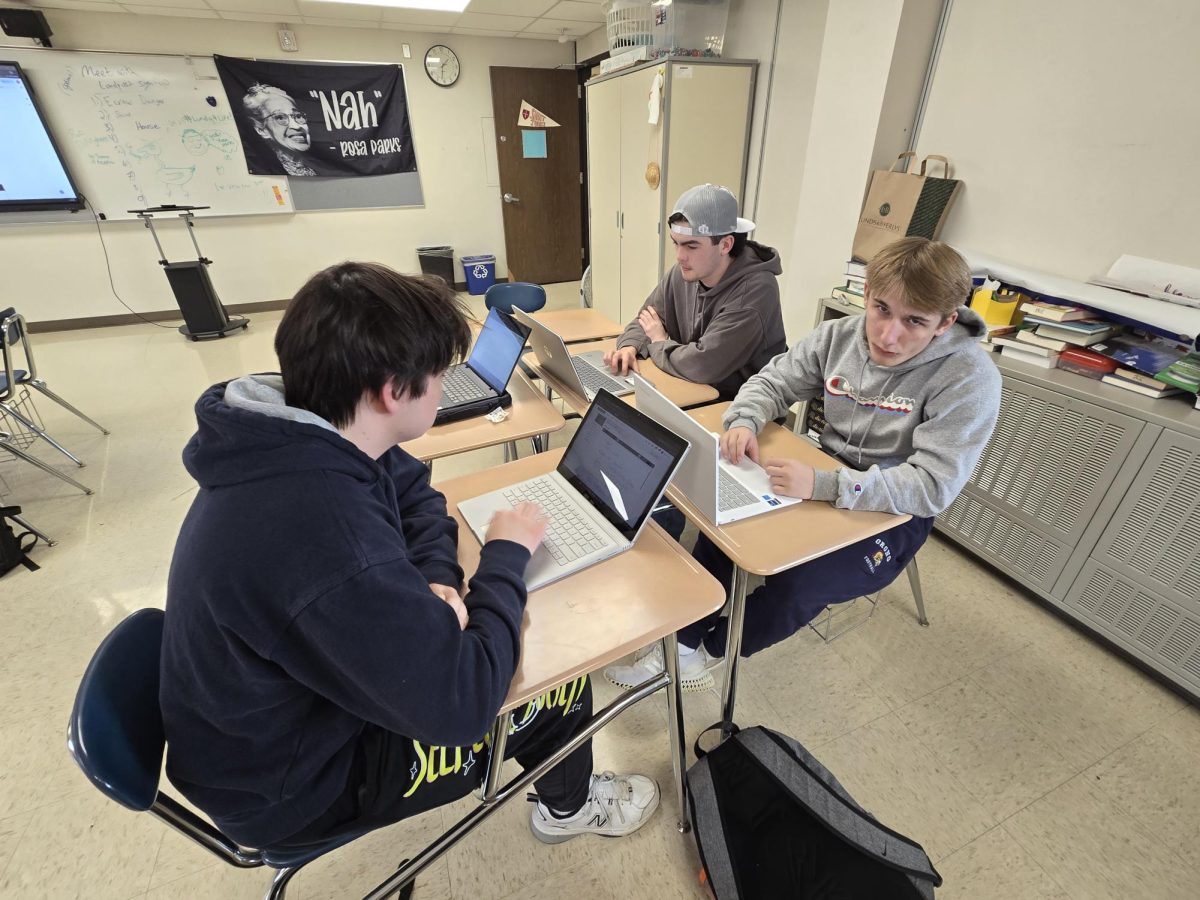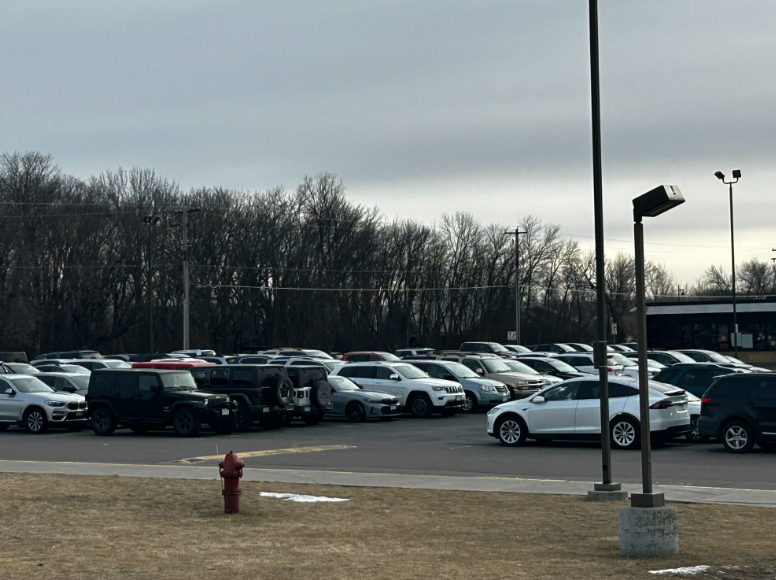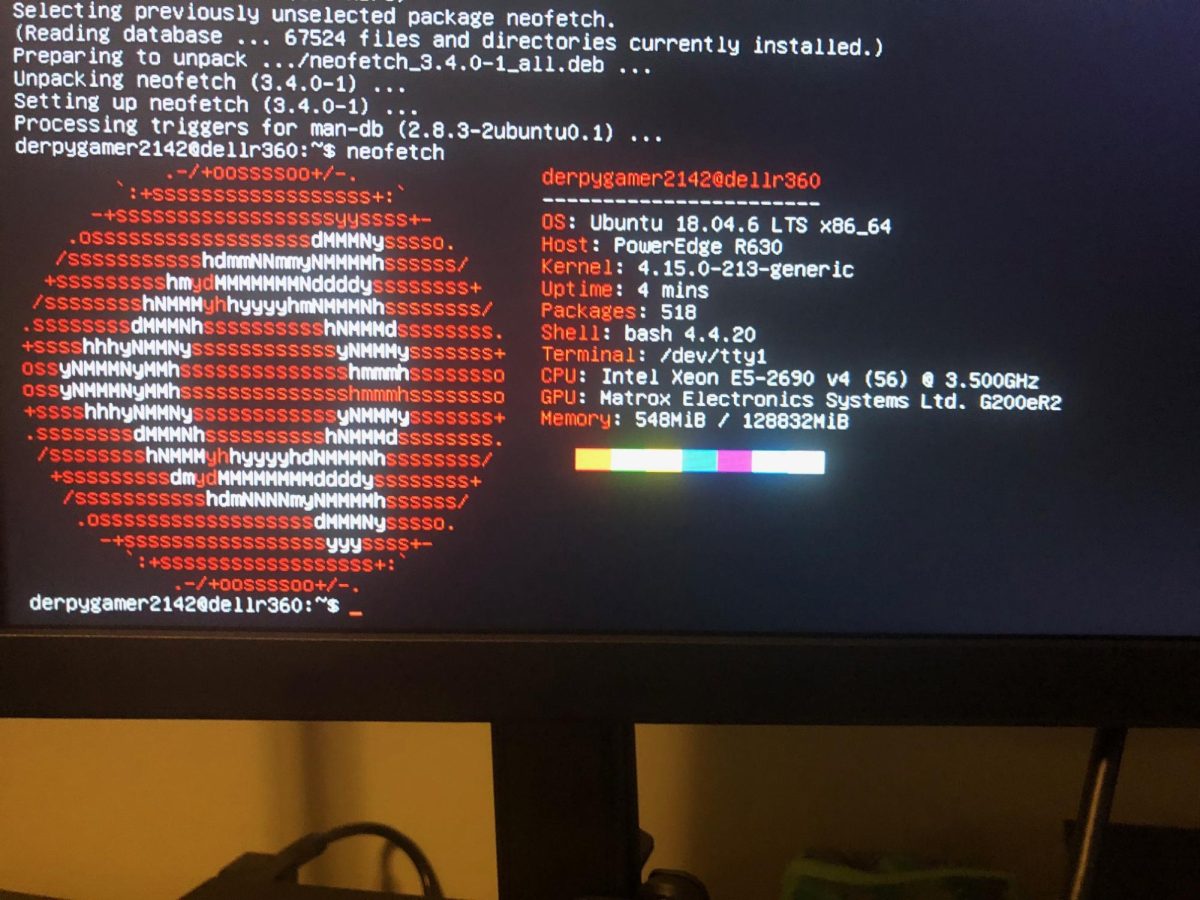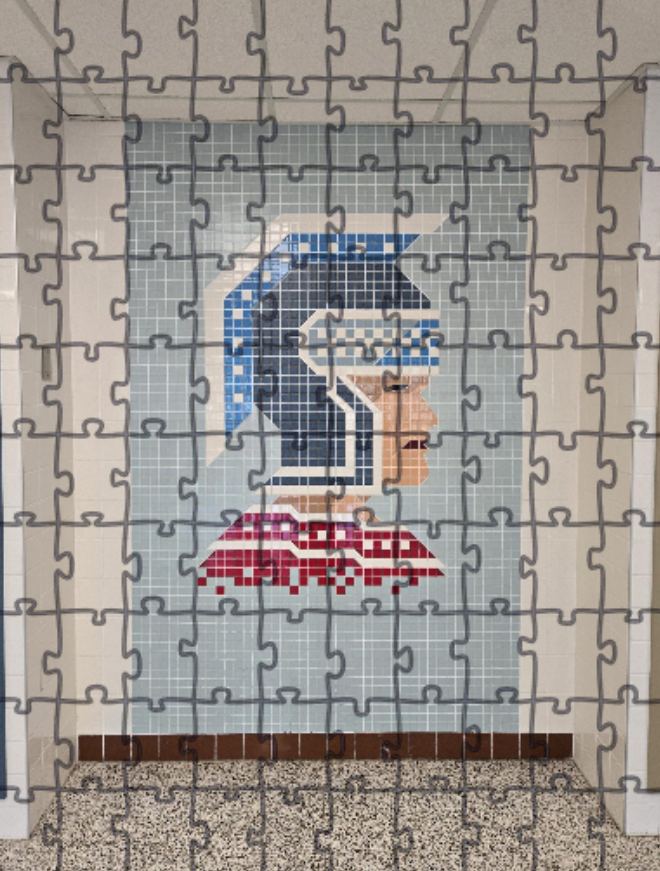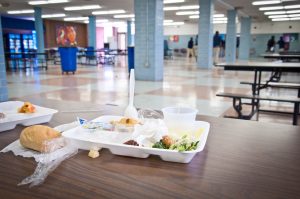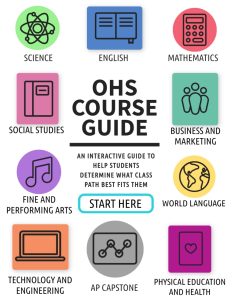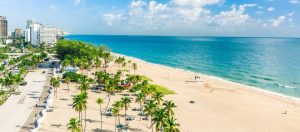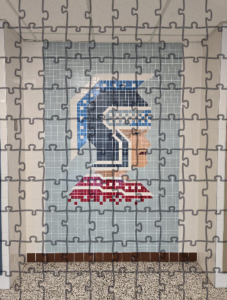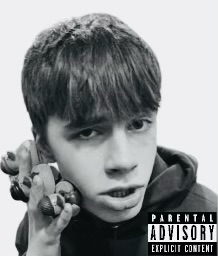Is an economic recession on the horizon?
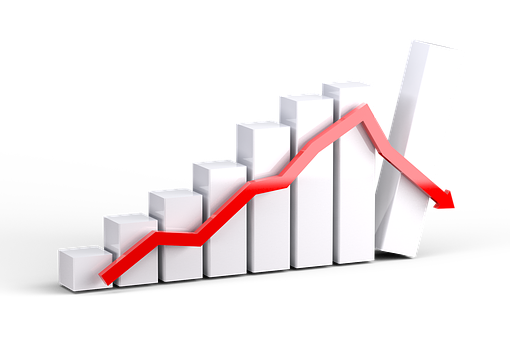
A graph showing gradual rise and abrupt fall; depiction of a recession.
January 2, 2020
Ajalon Peterson
News Editor
Economic recessions are a sensitive topic, often ensuing panic among the public. Recently, the threat of recession has reared its ugly head once more. According to the Associated Press, 74 percent of economists predict the onset of one by the end of 2021. The largest threat to society in the face of a recession is, ironically, society itself. The number one cause of any recession is a loss in consumer confidence, according to The Balance, an organization dedicated to making personal finance understandable for the average consumer.
Consumer confidence is essentially how the average consumer feels about the current economic state, and their consequent saving or spending habits. When consumer confidence declines, so does demand. This can trigger a domino effect which could potentially cause the United States to spiral into an economic recession.
Predicting a recession can be difficult, but there are often several key tells in the market and economy worldwide that can prompt the discussion.
“One of the first signs is the European markets. Right now, they aren’t doing very well,” junior Sierra Tuma said.
Leslie O’Meara, a business teacher at Orono High School, seconds the opinion of Tuma but adds that “One of the first indicators is jobs and job growth. Right now, we are seeing a decline there, and it’s affecting the stock market as well,” O’Meara said.
Important to note are the common misconceptions surrounding recessions.
“Historically, we can expect another recession, whether that happens in 2021 or 2023,” business and marketing teacher at Orono High School Keith Jurek said.
Interestingly enough, the millennial generation, arguably the most influential generation in the workforce, may have a skewed perception of what a recession may look like. Many of them would have been in high school during the 2008 recession, and it is likely either the only one they remember or the one they recall best. The Balance highlights the fact that while there have been 33 recessions since 1854, the Great Recession of 2008 was the worst recession since the Great Depression in 1929.
Because millennials may have a drastic idea of what a recession looks like, there is potential for widespread panic when the topic becomes more prominent. This reaction could ultimately impact the severity of the recession, and not for the better.
Ironically, millennials may suffer the brunt of the impact, with student loan debt ravaging the generation. According to Forbes, which refers to current student loan debt as a crisis, the average individual’s debt has doubled since the 1999-2000 academic year. In times where money is tight, the burden of student loans may be difficult for some to bear and could be a potential source of excessive financial stress.
“I think the next recession will really target student loans. People are racking up a lot of debt, more than they can afford coming right out of college,” junior Brady Pitts said.
O’Meara offers insight into what people can do to combat the onset and severity of the recession. “I would say that maintaining consumer confidence is extremely important. Basic economics says that three people have to spend: the government, the consumer, or businesses. When the consumer stops spending, it affects the flow of businesses. That leaves the government. So, the best way to prevent recession is to spend,” O’Meara said.
Overall, as the United States moves closer to the threat of an economic recession, it is important to eradicate personal debt as much as possible, while keeping a level head and maintaining awareness of what causes a recession and how one could prevent it.


